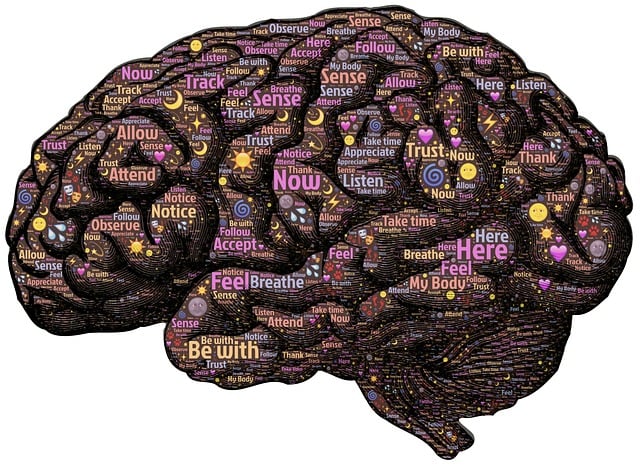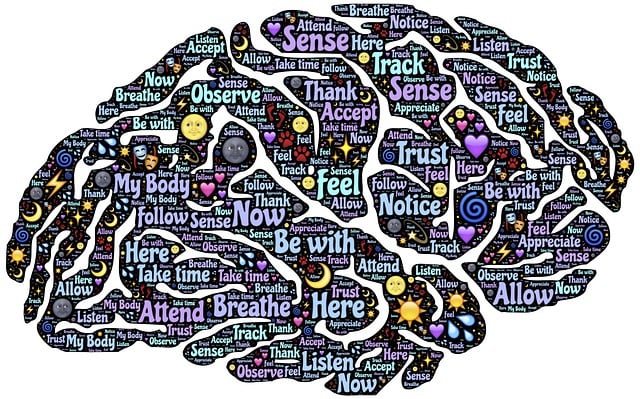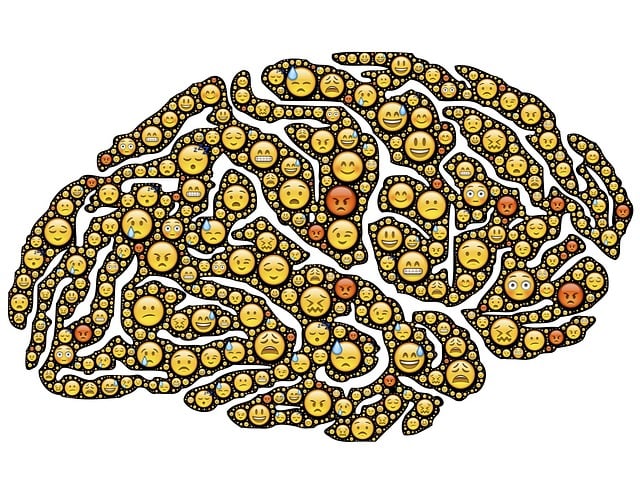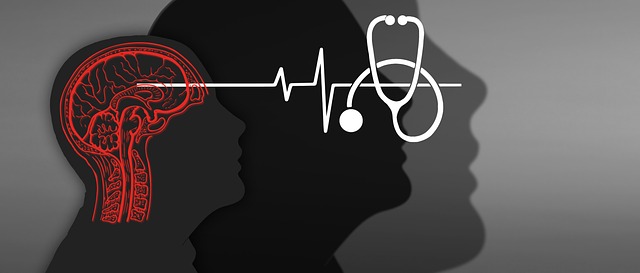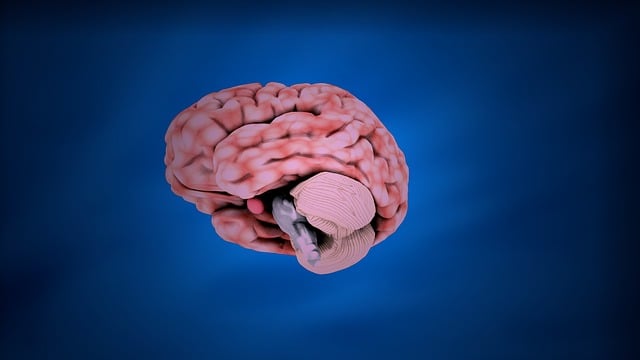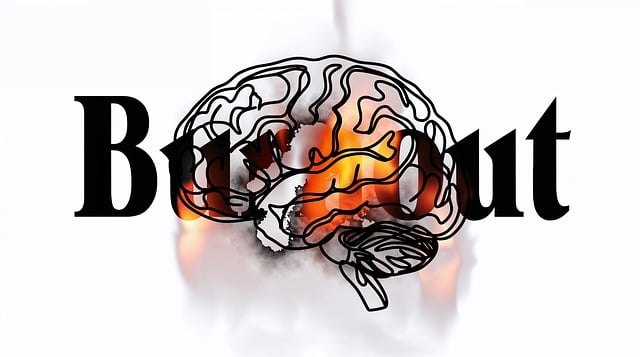Englewood Conduct Disorder Therapy offers an effective, evidence-based approach to managing anxiety by addressing root causes through thought, behavior, and environmental analysis. Combining talk therapy with stress reduction techniques like mindfulness exercises and lifestyle adjustments like physical activity, this method alleviates symptoms and promotes long-term mental well-being. Stigma reduction plays a vital role in encouraging client engagement, resulting in positive therapy outcomes and improved quality of life.
Anxiety is a common struggle, affecting millions worldwide. This comprehensive guide explores effective strategies to manage anxiety and its profound impact on daily life. We delve into evidence-based therapies, offering insights into cognitive-behavioral therapy (CBT) and mindfulness practices. Additionally, discover practical tips for everyday application, such as relaxation techniques and healthy lifestyle choices. For those seeking professional help, Englewood Conduct Disorder Therapy provides specialized support tailored to individual needs.
- Understanding Anxiety and Its Impact
- Effective Therapy Approaches for Anxiety Management
- Practical Strategies to Overcome Everyday Anxiety
Understanding Anxiety and Its Impact

Anxiety is a natural response to stress and potential threats, but when it becomes excessive or persistent, it can significantly impact an individual’s daily life. Understanding anxiety involves recognizing its various forms, such as generalized anxiety disorder, panic attacks, and social anxiety. Englewood Conduct Disorder Therapy focuses on identifying the root causes of anxiety by examining underlying thoughts, behaviors, and environmental factors that contribute to its onset.
The impact of anxiety is profound, affecting not only emotional well-being but also physical health. Prolonged anxiety can lead to increased stress levels, insomnia, fatigue, and even cardiovascular issues. Effective management techniques are crucial for individuals seeking anxiety relief. Mental health professionals play a vital role in helping clients develop risk management planning strategies tailored to their unique needs. Additionally, building empathy between the therapist and client is essential, as it fosters trust and encourages open communication, which is key to successful therapy outcomes.
Effective Therapy Approaches for Anxiety Management

Anxiety management techniques have evolved significantly, offering a range of effective therapy approaches. One such approach gaining traction is Englewood Conduct Disorder Therapy, which focuses on addressing underlying behavioral patterns and emotional responses. This form of therapy emphasizes the importance of empathy building strategies, where therapists foster an understanding environment, helping individuals process their anxiety without judgment. By combining talk therapy with practical stress reduction methods, this integrated approach has shown promising results in treating various forms of anxiety.
Moreover, mental illness stigma reduction efforts play a crucial role in enhancing therapy outcomes. Creating a supportive atmosphere that encourages open communication and normalizes anxiety experiences can significantly boost client engagement and adherence to treatment plans. In light of these advancements, individuals seeking anxiety management solutions now have access to tailored interventions that not only alleviate symptoms but also promote long-term mental well-being.
Practical Strategies to Overcome Everyday Anxiety

Anxiety is a common experience, but when it starts to interfere with daily life, practical strategies can help. Englewood Conduct Disorder Therapy offers evidence-based techniques that have proven effective in managing everyday anxiety. One such strategy is mindfulness, which involves focusing on the present moment and accepting thoughts and feelings without judgment. Simple practices like deep breathing exercises or mindful walking can significantly reduce anxious symptoms.
Additionally, self-awareness exercises play a crucial role in overcoming anxiety. By understanding triggers and patterns, individuals can develop coping mechanisms tailored to their unique needs. Engaging in regular physical activity, maintaining a balanced diet, and ensuring adequate sleep are also essential components of an anti-anxiety toolkit. These lifestyle adjustments, coupled with therapy, can lead to substantial improvements in managing mental illness stigma reduction efforts and fostering better overall mental health.
Anxiety management is a journey, and with the right tools, anyone can overcome its challenging effects. By understanding anxiety’s intricacies and exploring diverse therapy approaches, individuals can find effective solutions tailored to their needs. Practical strategies offer tangible ways to navigate everyday worries, fostering resilience and improved well-being. For those seeking comprehensive support, Englewood Conduct Disorder Therapy provides specialized care, empowering individuals to manage anxiety and lead fulfilling lives.


